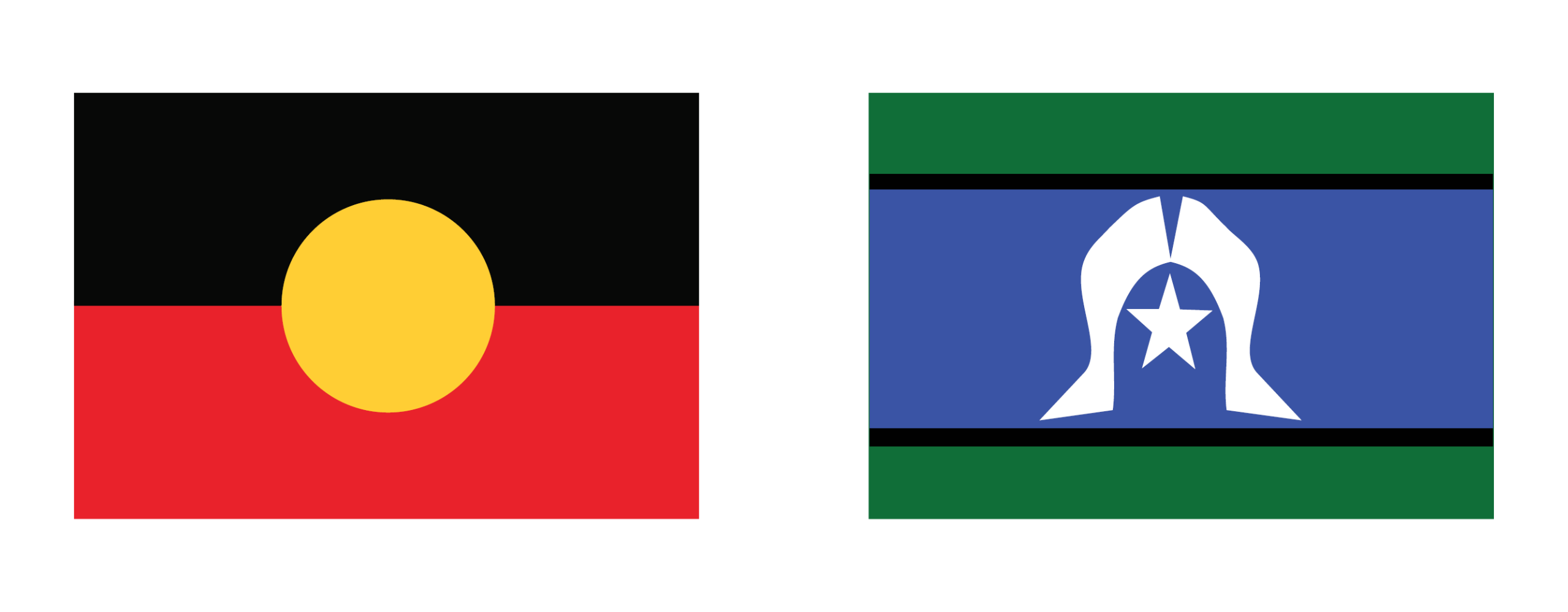Our vision
Learning helps people to feel fulfilled, maintain and find jobs, build caring communities and add to their quality of life.
The vision of the Lifelong Learning Strategy is to foster a community of lifelong learners in Brimbank by:
- empowering people to take control of their lives
- build aspirations
- enhance employability and quality of life
- achieve this by working alongside partner organisations and the community.
Brimbank is a diverse community that is growing. We want to hear from the different types of people that live here, so we can tailor learning opportunities and build a strong future together.
The new Lifelong Learning Strategy will:
- seek to improve learning outcomes for the community tailored to your stage of life
- advocate for new learning opportunities to Brimbank
- support residents to build strength in the areas most important to them.
We want to hear from you and encourage you to take part by:
- joining us in an in-person or online workshop
- completing the survey on this page.
Your input will help the new Lifelong Learning Strategy:
- deliver better learning opportunities for our community
- ensuring it considers the needs of all people who live, work, study and socialise in Brimbank.
Priorities for life stages
Early Years (birth to compulsory school age)
Outcome: learning-rich environments for babies and preschool children at home and in the community.
Objectives:
- support parents and carers in their roles in children’s lives
- promote language, literacy and numeracy
- promote the value of home languages
- advocate for more early learning resources and affordable pre-school opportunities.
School Years (compulsory school age, 6-16)
Outcome: School-aged children and teenagers in Brimbank have access to a broad range of engaging learning opportunities.
Objectives:
- enable and encourage more learning support, such as family learning opportunities, out of school learning and study support
- actively support and develop community linkages with schools
- develop best transitions models with schools, families and community to support good transitions for children, young people and parents
- advocate for more investment in Brimbank’s public school system
- encourage the development of a broad range of innovative educational opportunities in Brimbank
- advocate for more resources and increased supports for students who are at risk of disengaging or have disengaged from school.
Young People (post-compulsory school age, 17 to early adulthood)
Outcome: Young people have positive post- school education, employment and learning opportunities.
Objectives:
- support diverse learning & educational opportunities
- promote career and training pathways, readiness for employment, and skills for adapting to changing work environments
- encourage opportunities for active citizenship
- focus on young people with priority needs and those facing barriers in accessing learning
- support parents and carers in their roles in young people’s lives
- advocate for better supports for young people who have disengaged from education or training.
Adults (approx. 25 – 60 years)
Outcome: Adults participate in lifelong learning for quality of life, employment and citizenship.
Objectives:
- advocate for improved provision of diverse and affordable adult learning opportunities, co-developed by learners
- promote formal training and informal learning opportunities
- actively support the achievement of functional English language and literacy skills for all adults as well as maintaining home languages.
Later Life (60 years and beyond)
Outcome: The community builds on the experience and wisdom of older adults, supports intergenerational innovation and lifelong learning is part of healthy ageing.
Objectives:
- create a range of accessible, formal and informal learning options for older citizens
- create intergenerational learning opportunities
- advocate for more informal learning opportunities.
History
Brimbank City Council developed its first Community Learning Strategy in 2010 in recognition of the importance of learning.
The second Community Learning Strategy 2014-2017 built on the achievements of the first. Evaluations were conducted on each Strategy and feedback incorporated into new editions.
The third Lifelong Learning Strategy was developed from the experiences of the previous strategies. And identifies specific priorities and outlines a framework for future work.
Lifelong learning replaced community learning as it better reflects the life stages approach to the work of building better learning outcomes.







